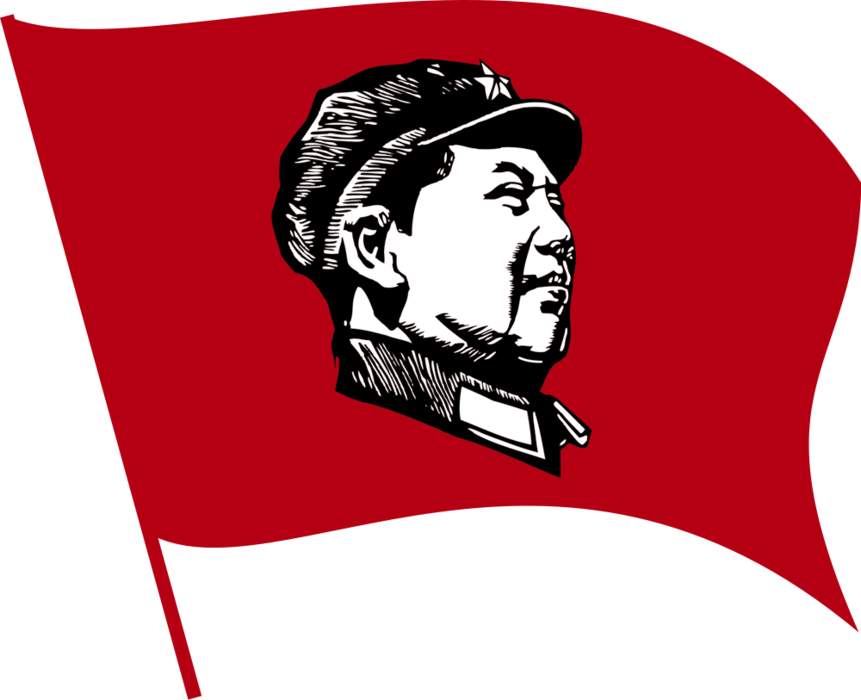
Trusted News Discovery Since 2008
{{/content}}
Maoism
Variant of Marxism–Leninism
Maoism News and Videos LIVE
ℹ️ This is a LIVE page which updates automatically as we're monitoring our hand-curated selection of verified and trustworthy media outlets
Chhattisgarh's innovative rehabilitation center in Bastar is providing vocational training to surrendered Maoists, offering them a path to normalcy. Former..
Credit: IndiaTimes - Published 3 days ago
Credit: IndiaTimes - Published 5 days ago
Credit: IndiaTimes - Published 5 days ago
